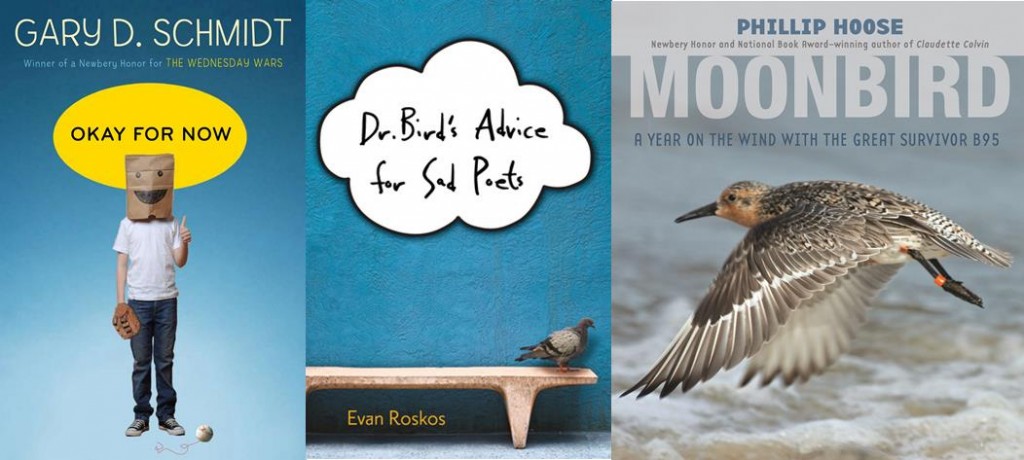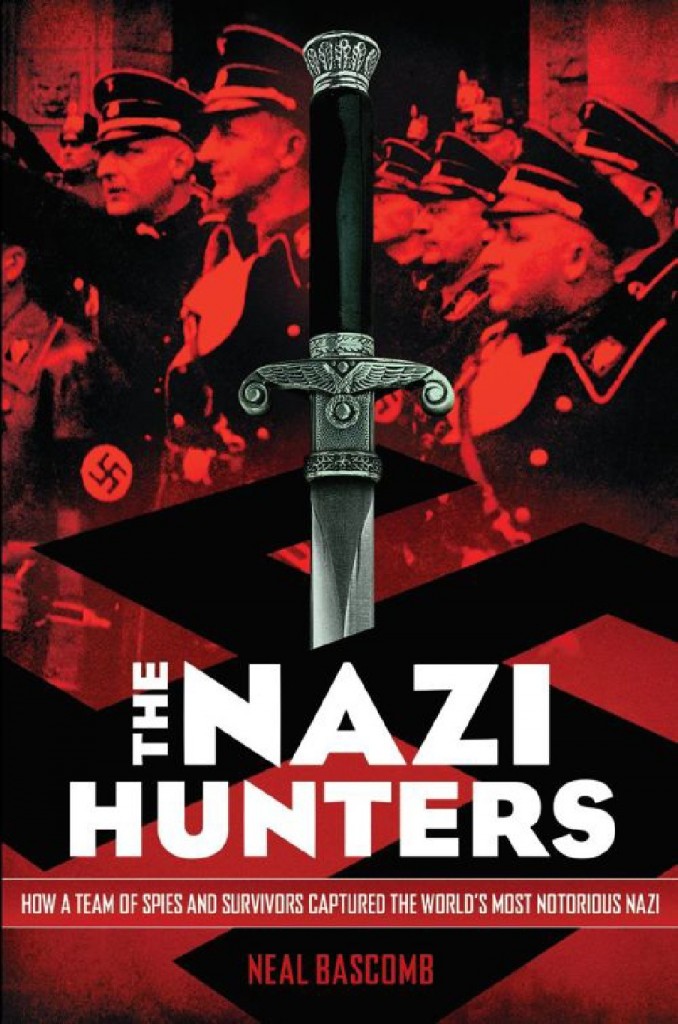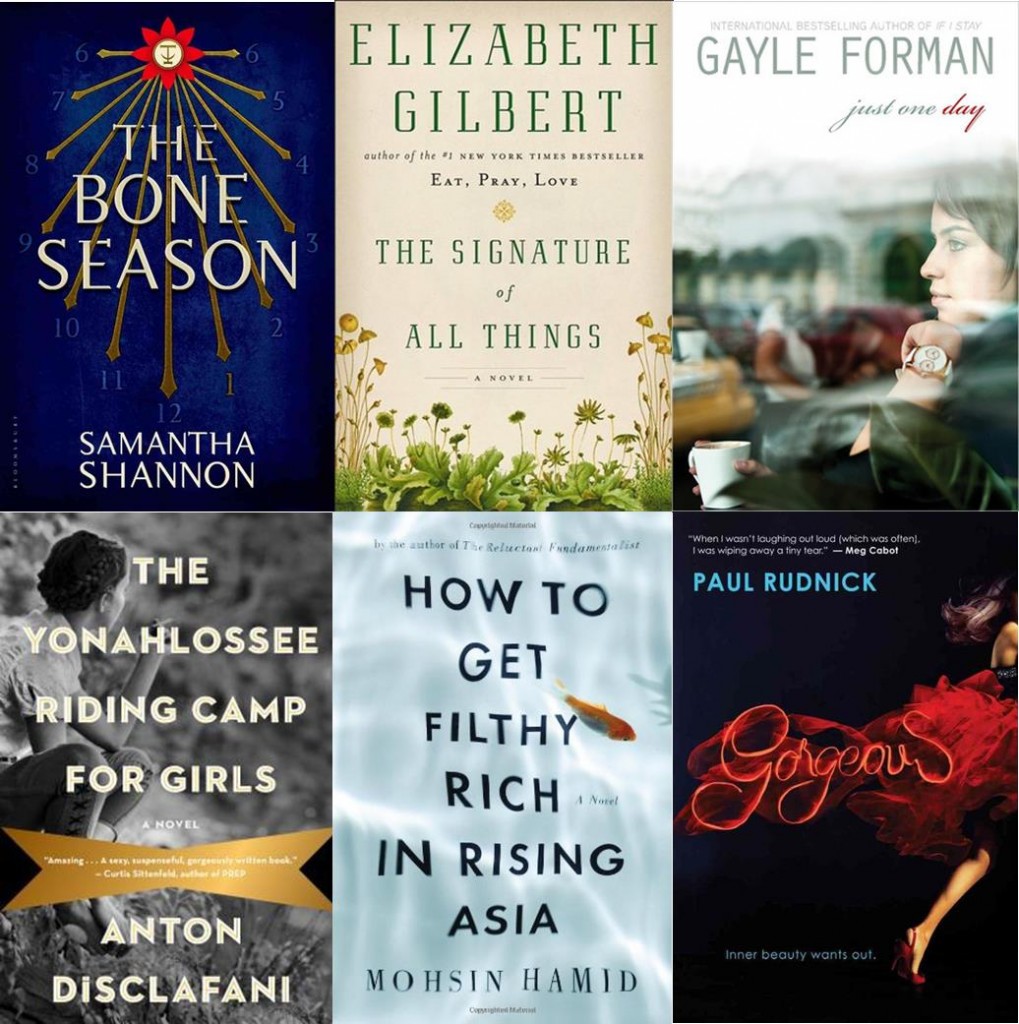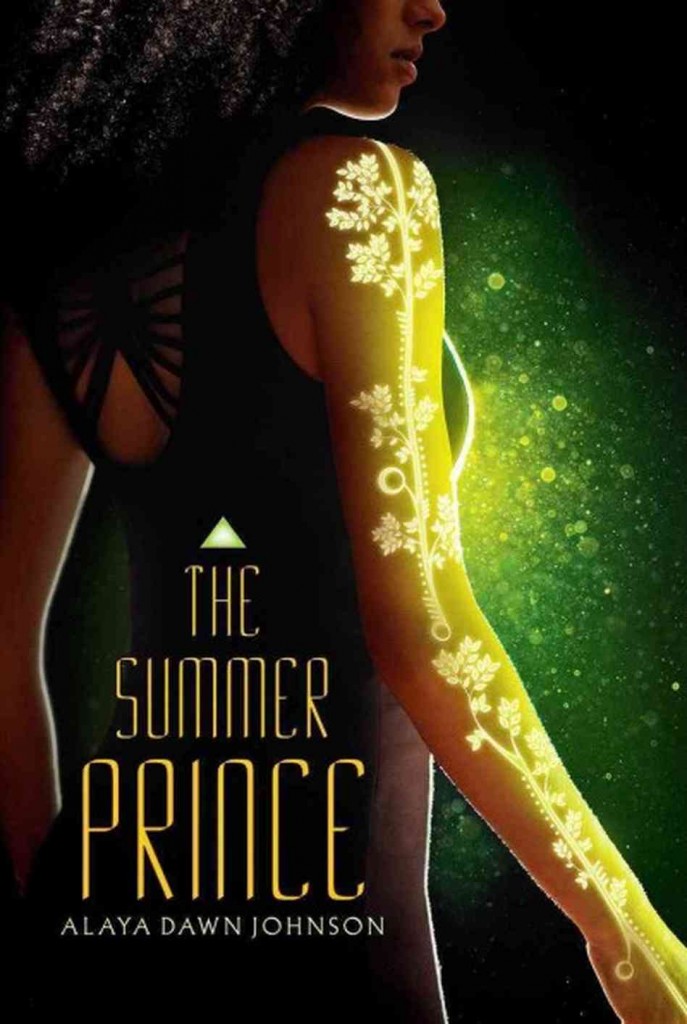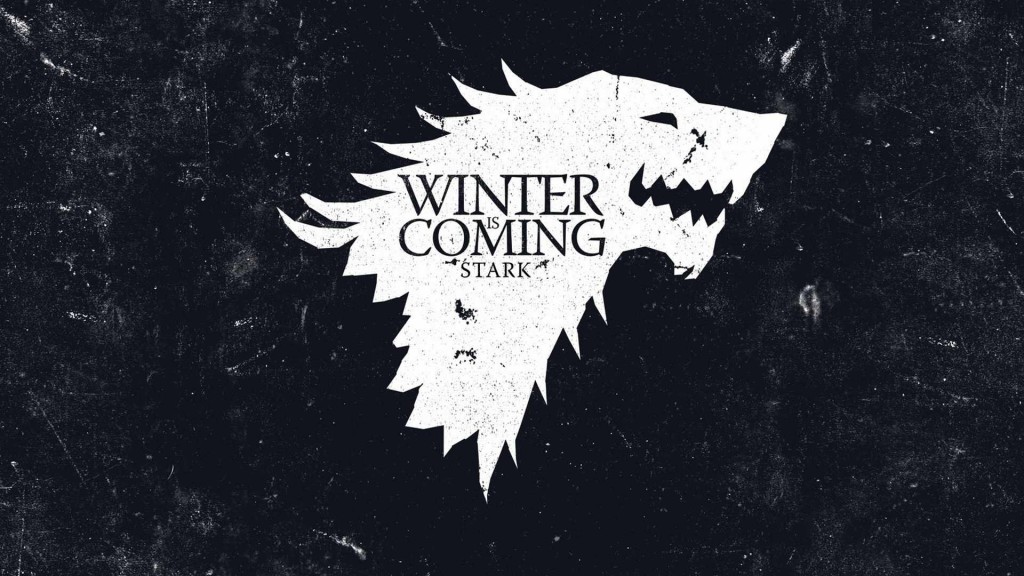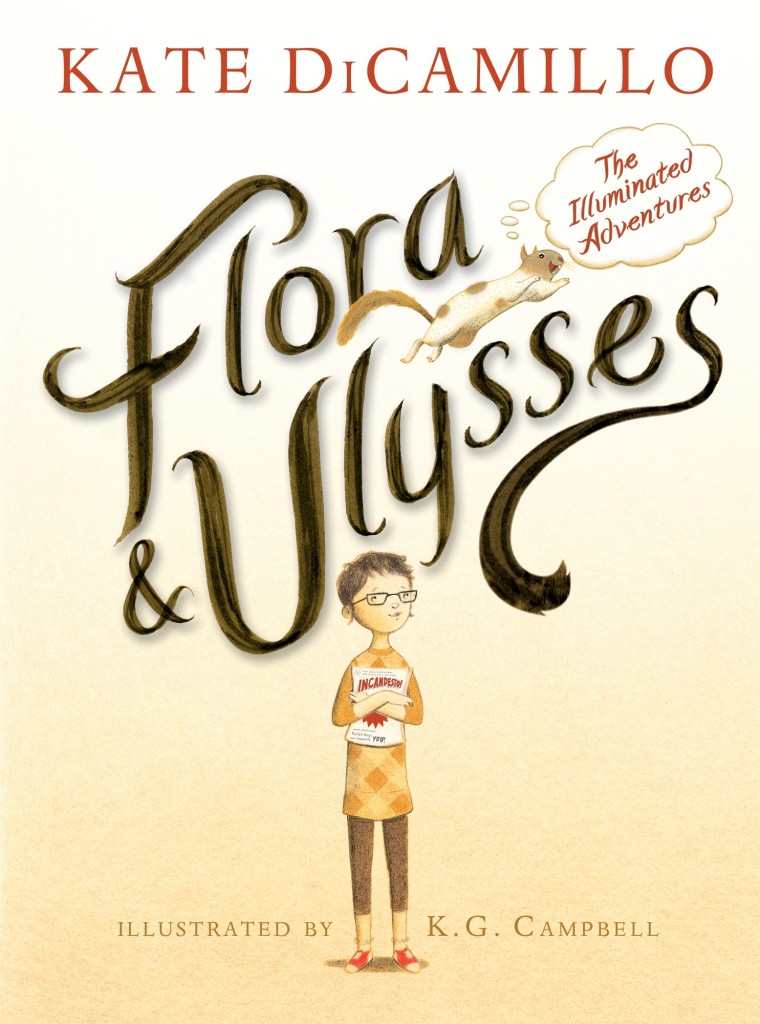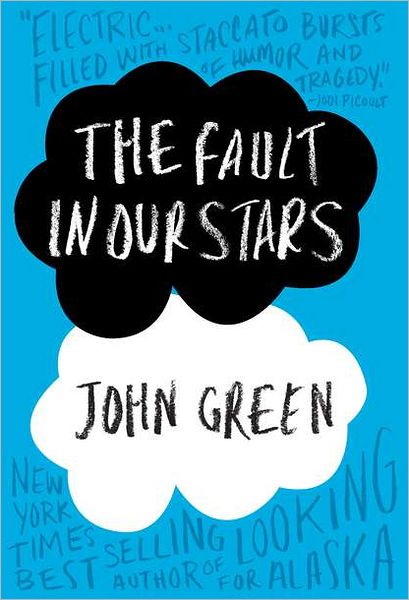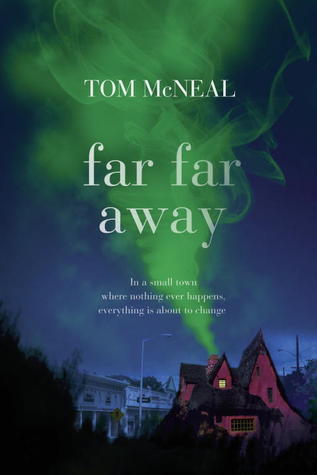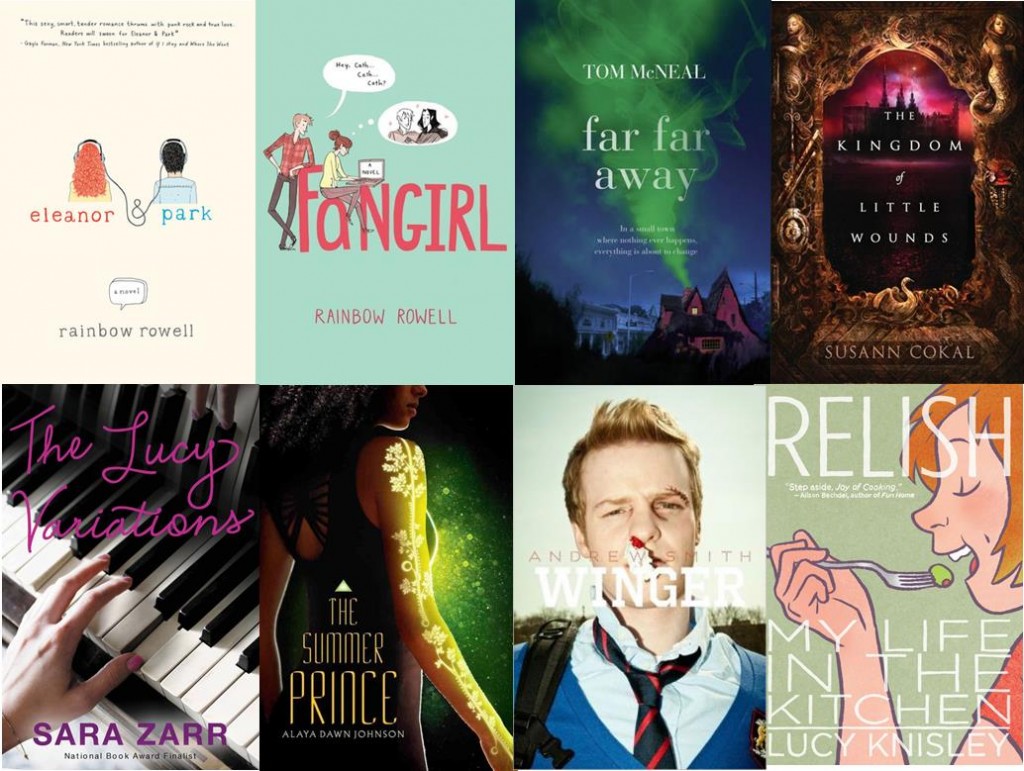My name is Jessica, I’m twenty-eight-years-old, and I am a fantasy reader.
There, I said it.
This is not, however, a post about my Fall from Grace Realism. This is a post about what one should read when “discovering” fantasy as a full-fledged adult… albeit a full-fledged adult who considers YA and children’s literature fair game for inclusion in ANY sort of canon, fantastical or not. What are the classics, the “everyone who’s anyone has read this” books that I never read? What are the newer titles that I ignored? What kind of fantasy will I like? What kind should I avoid in the future?
If anyone has recommendations, please pass them along! There’s a wide, wide world (of other worlds) out there, and I don’t want to waste too much time slogging through crappy stuff just because I don’t know where to find the good!
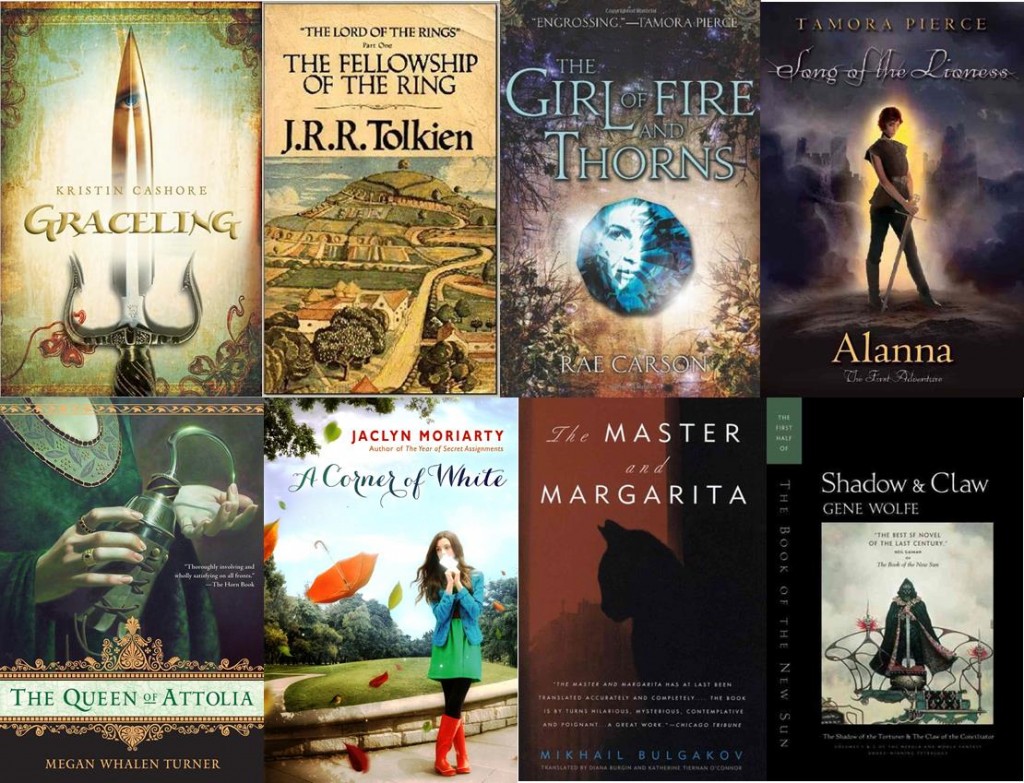
Graceling by Kristin Cashore
Since moving to Boston, I have met a startling number of Cashore fangirls. No, I don’t think I’ve met any Cashore fanboys, but that doesn’t mean they aren’t out there, just that I don’t talk to boys, I guess. I mean, I studied library science and children’s literature in a historically all-girls college for three years, so give me a break. Anyway, I’ve also met a startling number of Cashore detractors, folks who are more than willing to tell me why they loathed Graceling and its companion novels. Any book that earns such strong reactions feels like a book I should be reading.
Also, one time I sat next to Cashore in a classroom in a weekend-conference-thing and we made comments on the same book and while this is probably the least exciting story ever, it was one of those “This is not my beautiful life” moments for me. So yeah, I want to read Graceling.
Also also, I own a paperback.
The Fellowship of the Ring by J. R. R. Tolkien
Alright, so if one is trying to get the Lay of the Fantasy Land, one must attend to “The Canon.” I’m not sure there’s a man or woman alive who would argue that Tolkien isn’t the place to start.
But maybe I just want to read it because I actually haven’t seen the movies yet, begging the excuse that I wanted to read the books first. Ahem.
Or maybeeeeee I want to read it because I spent so much time watching my sisters play Lego Lord of the Rings this summer. I can’t really say.
Girl of Fire and Thorns by Rae Carson
I started reading this one last fall, back when I was just dipping my toes into fantasy, but I was reading an eBook version… and while that ticking clock of a countdown totally motivates me when listening to downloadable audio, it completely defeats me with regular eBooks. I don’t know why. I don’t have ebook stick-to-it-ive-ness or something. Anyway, this seems pretty up my alley – girl-centric high-ish fantasy/adventure.
I can’t actually handle that I just wrote that last sentence. How am I going to make it through the rest of this post??
Alanna by Tamora Pierce
Alright, we are entering a section called Books All My Fantasy-Loving Friends Read to Shreds that I didn’t read because I was a Alice McKinley/Judy Blume/Louis Sachar-reading little punk.
Friends, I have never read a shred of Tamora Pierce. Alanna is a notably badass teen girl heroine with her own series, and some of my dearest Reader-Friends call her a favorite. So she seems like a good place to start.
Queen of Attolia by Megan Whalen Turner
I’ve talked a bit about Megan Whalen Turner here before, I think. Basically, back when I was still anti-fantasy, I saw her give a talk that apparently shocked and offended the attending teachers and librarians. Apparently. I was too busy locked into her speech, hypnotized, nodding my head and mouthing
“yes… yes! you are awesome, Ms. Turner!” to notice. Anyway, her speech inspired me to read
The Thief awhile back, which probably now qualifies as one of my Gateway books, leading me down twistier fantasy paths. I want to finish the series, but I tried to start
Queen of Attolia recently only to decide I need to re-read
The Thief first.
A Corner of White by Jaclyn Moriarty
I’ve had an ARC of this one stashed in my Drawer of Shame for a long time now. Moriarty has been at the YA game for some time now, so I really only grabbed it out of name recognition – I read the summary and said “urgh, fantasy… too much fantasy.”
But hey, I’m a freaking FANTASY READER NOW. I’m feeling ballsy. Bring it on. Also, the BG-HB award sticker helps. What can I say? I like a shiny medal sticker on my books.
The Master and Margarita by Mikhail Bulgakov
Alright, now for some grown-up stuff. Have you ever been haunted by a book? Like, a book keeps following you around, showing up at various times in your life, random assortments of people recommending it? That’s The Master and Margarita for me. I first heard of the book at a library conference in Michigan, maybe 5 or 6 years ago, and ever since then it just keeps reappearing, keeps coming back up. And while I’m not sure this necessarily qualifies as fantasy, it definitely qualifies as Not Normal Enough for fantasy-hating Past Jessica to pay any mind.
But this is FANTASY READING PRESENT JESSICA! Also, there are cats. Fantasy-hating Past Jessica was not yet a cat person. Fantasy Reading Present Jessica definitely is.
Shadow and Claw by Gene Wolfe
A wild card. I hadn’t heard of this one until a few weeks ago it appeared on my Goodreads feed, a Readerly Friend of mine calling it her second favorite book in the world. Well, you guys know how I feel about Your Favorite Book. Also, when you start reading a new genre, you start attending to some new… ah… reading authorities. This one had sparkling blurbs by Neil Gaiman and Ursula LeGuin. We should probably talk about blurbs at some point and even though they are probably all bullshit, I still tend to weight them higher than most other sources of book recommendations. We could talk about that. Once I read all eight of these books and become a fantasy expert and have some time on my hands, of course. You guys know I read EVERY book on these lists, right? I just check them all out from the library – on eBook – and read them all before they are due back in 14 days. It’s true. It’s remarkable. I am the very model of a modern major general.
